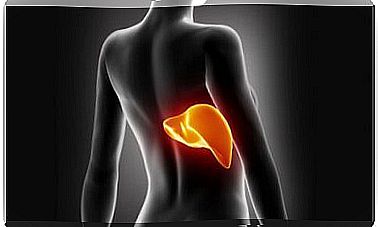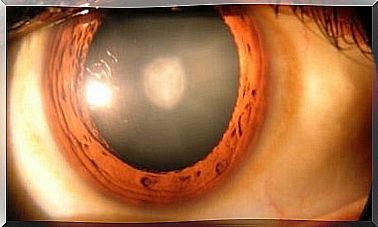Treatments For Dysphagia

The main treatments for dysphagia depend on the type of disease the patient is suffering from. In this article, you will learn all about dysphagia, as well as how the disease can be treated.
Most cases require strict medical therapies and even surgery. However, the doctor must make an accurate diagnosis before deciding on a treatment. Some dysphagia is temporary, while others are a serious problem, even oncological.
Dysphagia and its types
If the problem is the neck itself, we may experience infectious or inflammatory odynophagia. Dysphagia occurs when it is difficult for a person to swallow food or saliva from the oral cavity.
As you can see, several organs play an important role in this disorder, which makes it a complex pathology. In addition, it may be a difficulty in swallowing either liquids or solids. These small symptoms guide
These are the types of clinical presentation:
- Oropharyngeal. This dysphagia is the classic difficulty in swallowing fluids and food. It appears in the neck. The most common causes are neurological. Patients with stroke suffer from it, making it difficult for them to eat. This can lead to other complications, such as dehydration and weight loss.
- Esophageal. As the name suggests, this dysphagia occurs in the esophagus. The patient cannot swallow liquid or solid foods. The esophagus is an empty, tubular organ that suffers from obstruction in neoplastic processes. The most serious cause, of course, is cancer.

Treatments for oropharyngeal or transfer dysphagia
One of the first things that doctors suggest is dietary changes, such as changing textures and food volumes. The goal is to help the patient swallow and digest food.
Recovery processes are often necessary. We learn to eat when we are little. However, patients who suffer a stroke must learn to do it again. Both nutritionists and therapists teach patients to eat.
In complex cases, doctors may prescribe nutritional support or adaptive feeding devices. If the patient does not eat despite the changes or loses weight and becomes dehydrated, then the doctor will prescribe the use of one of these devices.
- The most common are the nasogastric tubes.
- Although surgery is less common, it is an option when malnutrition is an imminent risk.
Treatments for esophageal dysphagia
If the doctor opts for the surgical solution, he will probably resort to endoscopy. To do this, he will insert a flexible tube that passes through the upper gastrointestinal tract, looking for obstacles. The device has a room and tools for the surgeon to work. If he finds a foreign body, he must remove it. In addition, endoscopy allows the doctor to perform biopsies.
The endoscope can also perform dilations to allow elements inside the esophagus to move in patients with severe obstruction due to shrinking esophageal lumen.
Some of the medications that can solve the problem without surgery are the following:
- Calcium channel blockers. These drugs regulate the contractions of smooth muscles in the esophagus. Their effectiveness is challenged by clinical trials.
- Proton pump inhibitors. They are used more as adjuvants. They decrease the production of hydrochloric acid in the stomach, thus reducing acid reflux. It causes esophageal irritations.
- Botulinum toxin. Experts tested the injection of this substance, but the results were not entirely satisfactory. First, the substance should be injected every 6 months to maintain the effect. Patients who benefited from it were also operated on.

Treatments for dysphagia are complex









